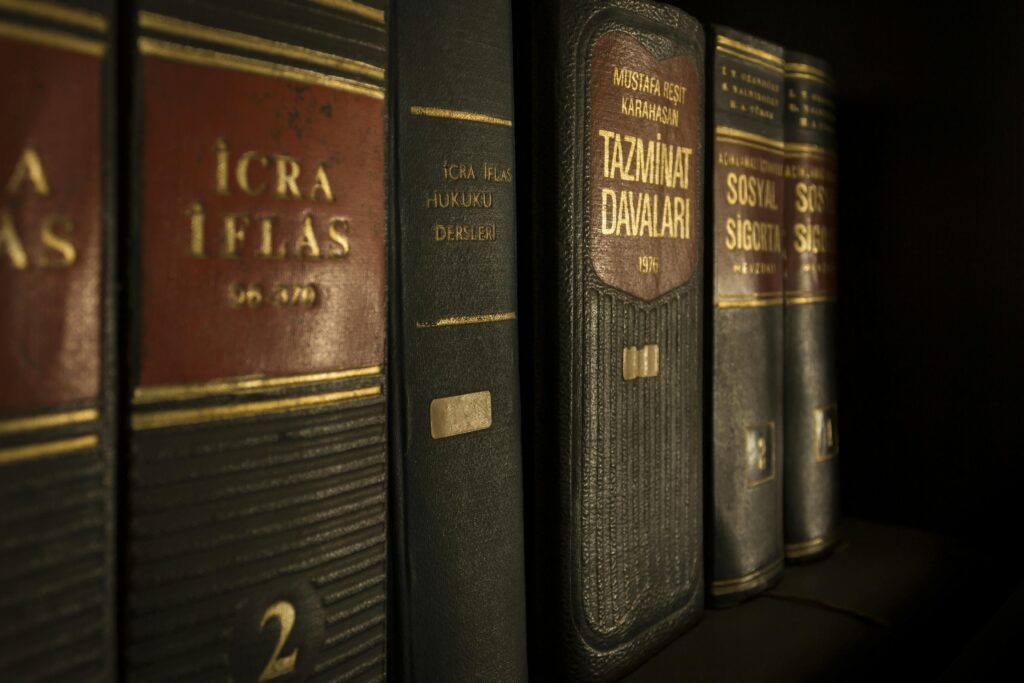Presentation
Disability Justice is more than fair a lawful system or a set of arrangements; it encapsulates an essential commitment to value, incorporation, and strengthening for individuals with incapacities. In later a long time, there has been a developing acknowledgment of the ought to move past a limit center on inability rights towards a broader understanding of incapacity equity that includes intersectionality, systemic alter, and community-based approaches. This article investigates the standards, challenges, and transformative potential of Disability Justice in advancing a more evenhanded and comprehensive society.

Understanding Incapacity Equity
Disability Justice goes past the conventional inability rights system by centering the encounters and voices of marginalized communities, counting individuals of color, LGBTQ+ people, workers, and those living at the convergences of numerous marginalized personalities. Established in principles of intersectionality, incapacity equity recognizes that inability isn’t a restorative or personal issue but is formed by crossing frameworks of abuse, counting ableism, prejudice, sexism, heterosexism, and classism.
At its center, incapacity equity looks to challenge ableism—the systemic separation and bias against individuals with disabilities—and to destroy the boundaries that prevent people from completely taking an interest in society. This includes not as it were supporting lawful rights and lodging but moreover tending to broader issues of social, financial, and natural equity that affect the lives of individuals with incapacities.
Key Standards of Disability Justice
Intersectionality:
Disability Justice acknowledges that individuals with incapacities encounter meeting shapes of abuse and segregation based on race, sexual orientation, sexuality, course, and other characteristics. It emphasizes the significance of understanding and tending to these meeting frameworks of persecution to form more comprehensive and impartial communities.
Collective Freedom:
Incapacity equity advocates for the freedom of all marginalized communities, recognizing that battles for inability rights are interconnected with broader developments for social equity. It looks to construct organizations together and solidarity over distinctive marginalized bunches to challenge frameworks of control and abuse.
Openness and Accommodation:
Incapacity equity prioritizes availability and settlement as fundamental components of incorporation and interest. This incorporates physical availability, communication gets to, and the arrangement of sensible lodging to guarantee that individuals with incapacities can completely lock in in all viewpoints of life, including instruction, work, healthcare, and social exercises.
Community-Centered Arrangements:
Disability Justice emphasizes the significance of community-based arrangements that are educated by the lived encounters and needs of individuals with inabilities. It calls for the administration of debilitated people and communities in decision-making forms and advocates for arrangements and programs that are planned with the input and support of those most influenced.
Challenges and Obstructions to Disability Justice
Despite noteworthy advances in progressing incapacity rights and incorporation, various challenges and boundaries continue in accomplishing Disability Justice:

Structural Inequality:
Individuals with incapacities proceed to confront systemic boundaries to get to instruction, work, healthcare, transportation, and other fundamental administrations. Auxiliary imbalances, counting destitution, lodging precariousness, and the need get to to healthcare, excessively affect debilitated people, especially those from marginalized communities.
Ableism and Segregation:
Ableism remains unavoidable in society, leading to segregation, shame, and social avoidance for individuals with disabilities. Negative demeanors and generalizations approximately inability contribute to boundaries in business, instruction, and social intuition, propagating disparities and restricting openings for impaired people.
Need for Openness:
Despite legitimate necessities for openness, numerous open spaces, buildings, transportation frameworks, and advanced stages stay blocked off to individuals with incapacities. This need for availability not as it were limits interest but moreover fortifies social avoidance and marginalization.
Intersectional Segregation:
Individuals with inabilities who have a place in marginalized communities, such as impaired individuals of color, LGBTQ+ people with incapacities, and workers with incapacities, frequently face intersecting shapes of segregation and marginalization. Intersectional characters can compound boundaries to incorporation and get to assets and bolster administrations.
Underrepresentation and Tokenization:
Crippled people, particularly those from marginalized communities, are often underrepresented in decision-making forms, approach advancement, and backing endeavors. Tokenization—the shallow consideration of crippled people without significant support or leadership—can propagate control awkward nature and constrain the viability of inability backing.
Moving Towards Disability Justice
Accomplishing Disability Justice requires collective activity and systemic alter at numerous levels, counting approach, hone, and culture. Here are a few key techniques for progressing disability justice:
Centering Marginalized Voices:
Disability Justice requires centering the voices and encounters of impaired people, especially those from marginalized communities, in promotion endeavors, arrangement improvement, and community organizing. This includes making spaces for significant support and authority by crippled individuals in decision-making forms.
Tending to Intersectional Persecutions:
Incapacity equity advocates for an intersectional approach to tending to systemic persecutions, recognizing the interconnecting of ableism with other shapes of segregation and abuse. Endeavors to progress Disability Justice must address the root causes of disparity and prioritize the requirements of those most marginalized inside the incapacity community.
Advancing Openness and Consideration:
Incapacity equity prioritizes openness and incorporation as principal rights for all people. This incorporates supporting universal design standards, guaranteeing the accessibility of lodging and back administrations, and evacuating physical, communication, and attitudinal obstructions to interest.
Building Solidarity and Coalitions:
Disability Justice emphasizes the significance of building organizations together and coalitions with other social equity developments to challenge systemic treacheries and promote collective freedom. By working alongside other marginalized communities, incapacity advocates can increase their voices and progress toward shared objectives of value, incorporation, and equity.

Supporting for Approach Alter:
Incapacity equity advocates for arrangement alter at the nearby, national, and universal levels to address systemic obstructions and advance the rights and nobility of individuals with inabilities. This incorporates pushing for anti-discrimination laws, open lodging and transportation arrangements, healthcare change, and social welfare programs that meet the wants of impaired people and their families.
Laws related to incapacity equity envelop a wide run of directions and assurances pointed at guaranteeing break even with rights, openings, and accessibility for people with disabilities. These laws are fundamental for advancing inclusivity, anticipating segregation, and tending to the special needs of individuals with incapacities in different angles of life. Here are a few key laws and directions that contribute to disability equity:
- Americans with Inabilities Act (ADA):
Sanctioned in 1990, the ADA disallows segregation against people with inabilities in all zones of open life, counting work, instruction, transportation, and open housing. It requires businesses and government substances to supply sensible lodging to guarantee break even with get for individuals with incapacities. - Segment 504 of the Restoration Act:
This law denies separation based on the inability of programs and exercises to accept government money-related help. It covers substances such as schools, colleges, and other teachers that get government subsidizing. - Reasonable Lodging Act:
The Reasonable Lodging Act forbids separation in lodging based on incapacity. It requires proprietors and property directors to form reasonable accommodations and alterations to guarantee that people with inabilities have to break even with getting to lodging. - People with Inabilities Instruction Act (Thought):
Thought guarantees that children with inabilities get free and appropriate open instruction tailored to their personal needs. It commands the arrangement of extraordinary instruction and related administrations to qualified understudies. - Discuss Carrier Get to Act (ACAA):
The ACAA denies separation by discussing carriers against individuals with incapacities. It requires carriers to oblige the wants of travelers with incapacities, counting versatility helps and benefits creatures. - Broadcast Communications Act:
This law guarantees that people with disabilities have access to broadcast communications administrations and hardware. It requires telecommunications companies to form their administrations available to individuals with hearing and discourse incapacities. - Workforce Advancement and Opportunity Act (WIOA):
WIOA points to increment get to business, instruction, preparing, and back administrations for people with incapacities. It emphasizes competitive coordinates business and professional restoration administrations. - Social Security Incapacity Protections (SSDI) and Supplemental Security Wage (SSI):
These government programs give budgetary help to people with inabilities who are incapable of working or have limited income and assets.

These laws are vital for advancing incapacity equity by tending to systemic boundaries, advancing consideration, and defending the rights and nobility of people with incapacities. In any case, backing endeavors and ongoing enforcement are fundamental to ensure that these laws are successfully executed and implemented.
Conclusion
Incapacity equity offers a transformative vision for making a more evenhanded, comprehensive, and fair society for all people, in any case of ability or personality. By entering the encounters of marginalized communities, challenging systemic persecutions, and advancing collective freedom, incapacity equity advocates endeavor to form a world where everybody can completely take part, contribute, and thrive. Achieving disability justice requires continuous commitment, solidarity, and collaboration across differing communities and movements for social alter. Together, able to work towards a future where Disability Justice isn’t fair and objective but a lived reality for all.